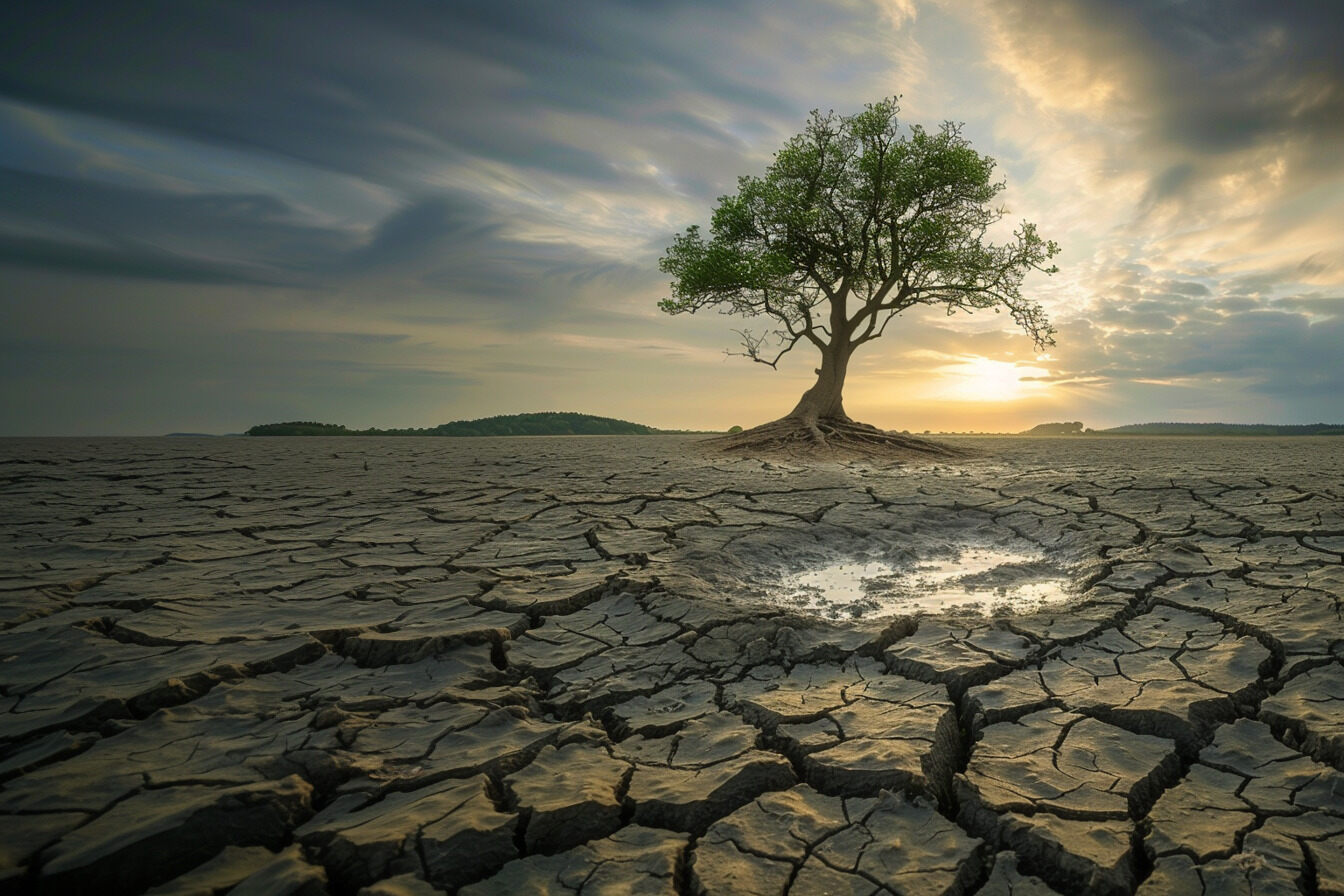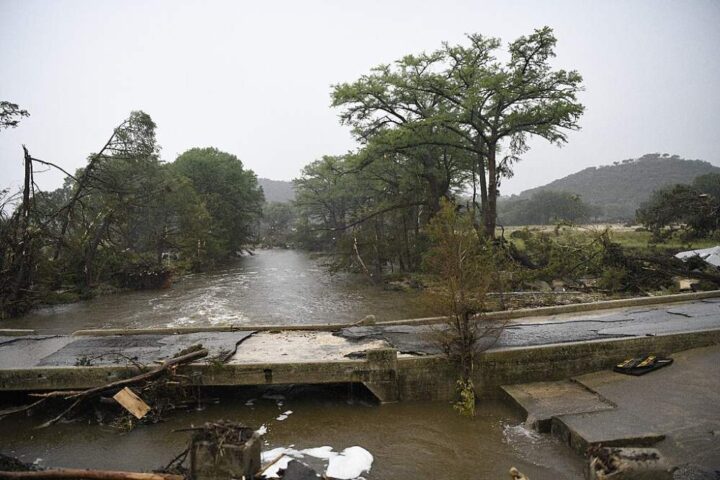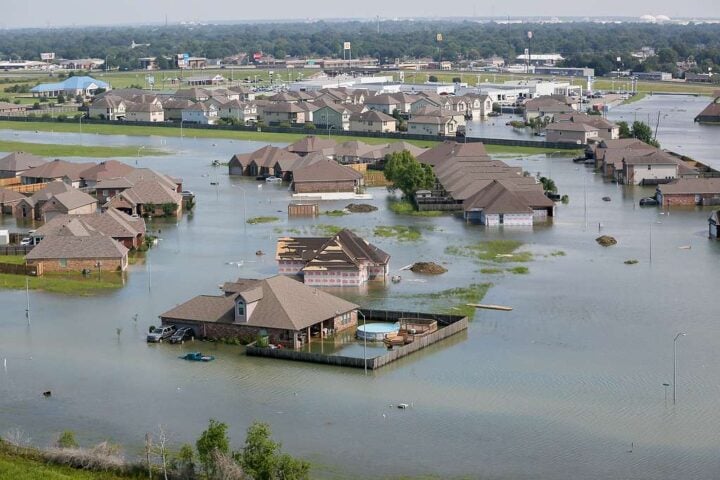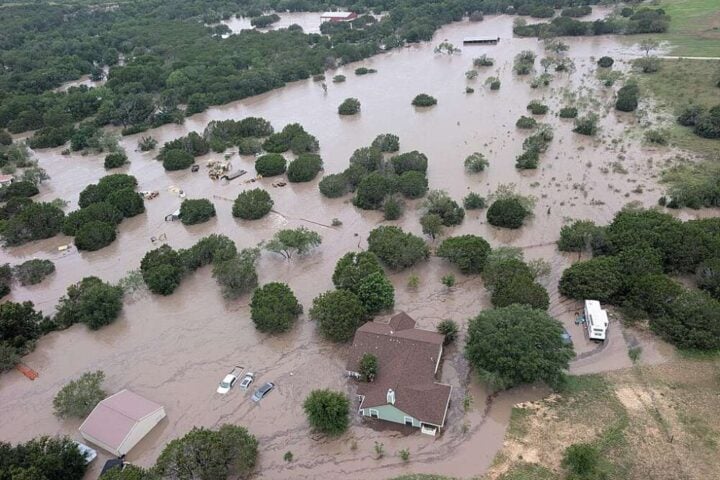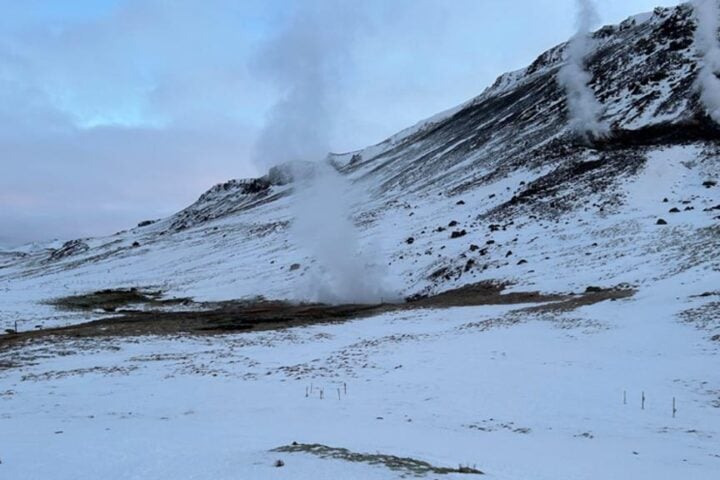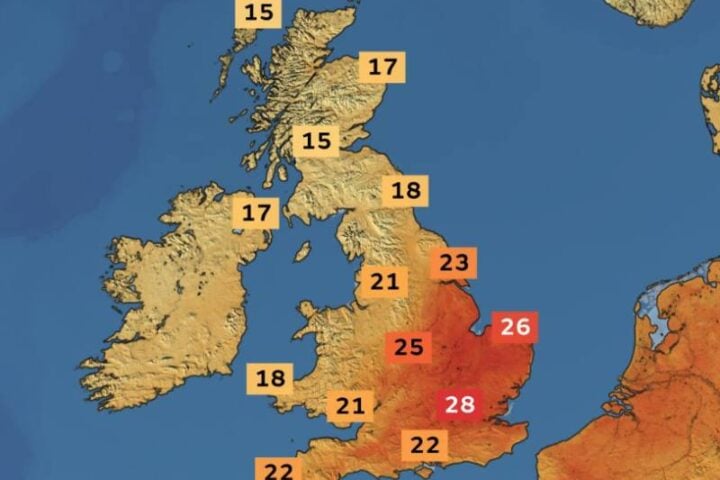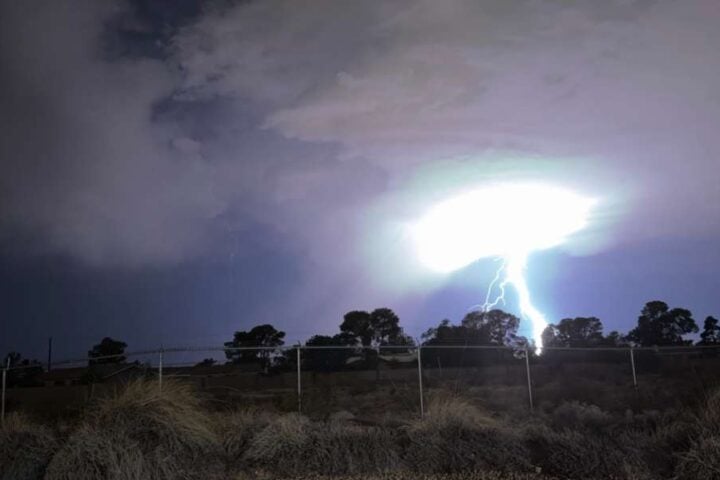Climate Crisis made the crippling April heatwave in South Asia 30 times more likely, according to scientists . As per reports that the intense northern hemisphere summer heat, which drove wildfires across the Mediterranean past few years, was the result of the warmest climate in some 2,000 years.
The new research suggests that buckled roads in Texas and strained power grids in China last year made it not just the warmest summer on record but the warmest in some 2,000 years. As both global temperatures and climate-warming emissions continue to climb, the stark finding comes from one of two new studies released Tuesday . Since record-keeping began in the 1940s, scientists quickly declared last year’s June to August period as the warmest. This is suggested in the new work published in the journal Nature.
According to Nature, the 2023 heat eclipsed temperatures over a far longer timeline. This finding is established by looking at meteorological records dating to the mid-1800s. It also considered temperature data based on the analysis of tree rings across nine northern sites. Jan Esper, a climate scientist at Johannesburg Gutenberg University, Germany, and a co-author of the study, said, “When you look at the long sweep of history, you can see just how dramatically recent global warming is”.
Similar Posts
The study said that last year’s summer season temperatures on land between 20 and 90 degrees north latitude reached 2.07 degrees Celsius higher than pre-industrial averages. The summer months in 2023 were on average 2.2 degrees Celsius warmer than the estimated average temperatures across the years 1 to 1890. This finding is based on tree ring data.
The finding did not surprise the scientists. Esper said that by January, the scientists with the European Union’s Copernicus Climate Change Service were saying the year 2023 was “very likely” to have been the warmest in some 100,000 years. Proving such a long record is unlikely, he added.. Esper and two other European scientists argued last year that current methods can’t establish year-by-year comparisons over such a vast timescale.
The intense summer heat of last year was worsened by El Niño. It led to “longer and more severe heatwaves, and extended periods of drought,” Esper added. According to the tree ring data, the 2023 summer was 2.2 degrees Celsius warmer than the 1-1890 average.
The heatwaves that started in 2023 would continue to affect our life in many years to come.
